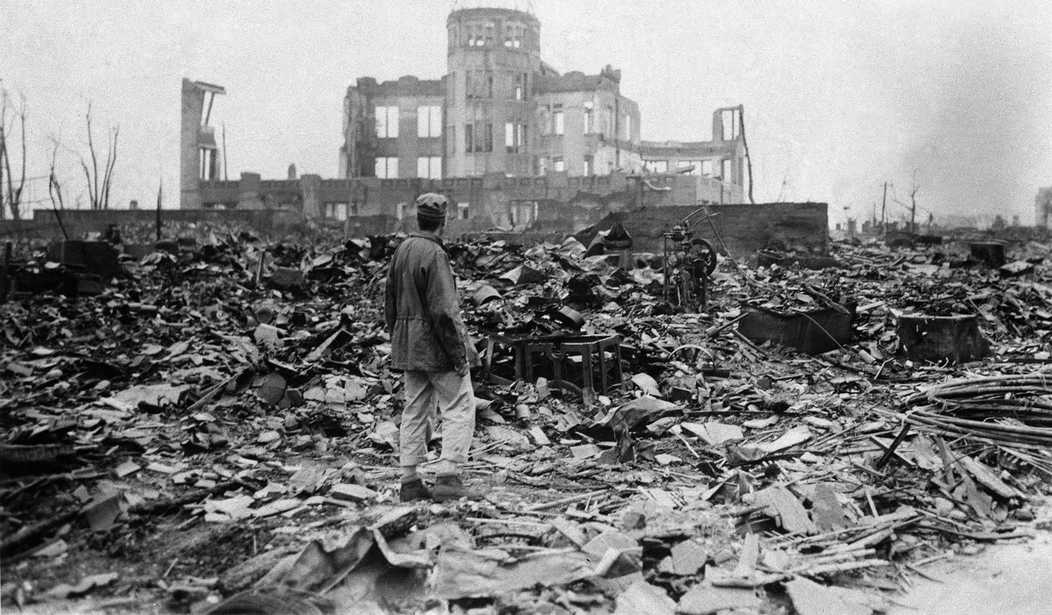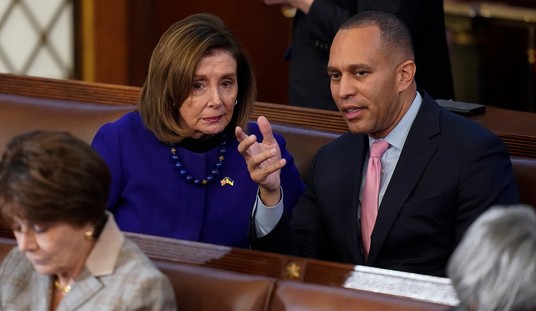On this day 75 years ago, Japan surrendered to allied forces led by the United States bringing World War II—the bloodiest conflict in human history—to a momentous close. Japanese Emperor Hirohito signed the formal surrender of Imperial Japan on September 2, 1945, and just months before, on May 7, 1945, the representative of the Nazi German High Command, General Alfred Jodl, signed the unconditional surrender of all German forces, East and West, at Reims, in northeastern France. The last of Axis powers, Italy, surrendered on September 8, 1943.
The costs of the conflict, in terms of human suffering, were no doubt staggering. The war spanned nearly every continent, six years of deadly fighting, and claimed the lives of well over 75 million people: 50-56 million people directly from the conflict and approximately 19-28 million deaths from war-related famine and disease. More than half of these deaths were of unarmed civilians. And over 11 million, including 6 million Jews, were murdered by the Nazi “Third Reich” in the Holocaust. Jews, Jehovah’s Witness, Slavs, Roma, homosexuals, the disabled, Soviet prisoners of war and numerous other “untermensch” (sub-humans) and “undesirables” as perceived by racist Nazi ideology were cruelly rounded up by the thousands from Nazi-occupied countries, imprisoned, cruelly exploited as slave labor and brutally murdered with ruthless efficiency.
After the surprise attack on Pearl Harbor in Hawaii on the morning of December 7, 1941, the war soon impacted every American family. For nearly four years, 16 million Americans served in the armed services. Guadalcanal, Midway, Tunis, Anzio, Okinawa, Normandy, the Ardennes and Iwo Jima; these were but just a few of the far-away places young Americans of every race, creed and background bravely fought to defend freedom and defeat tyranny. Nearly 417,000 never made it home. And on the home front, tens of thousands of women entered the workforce to build what President Franklin D. Roosevelt called the “arsenal of democracy.”
Recommended
The United States did not seek to engage in the war. Indeed there were many who remembered the carnage of what had hereto been called the Great War and actively sought to keep our nation out of the conflict in both Asia and Europe. However, when attacked, the Axis powers no doubt awoke “a sleeping giant” and filled every American with a steely resolve to liberate the world from tyranny. In the aftermath of the war, the U.S. emerged as a global force for human liberty.
As our our nation wrestles with the global Covid-19 pandemic, the related economic slow down, protests surrounding race and community policing, and the recent hurricanes, we are reminded that Americans have faced formidable challenges before, we’ve courageously risen to the occasion to heroically overcome these challenges and there’s no doubt—with His blessed help, that we’ll do so again.
Suhail A. Khan serves on the Board of the American Veterans Center and as a Senior Fellow at the Institute for Global Engagement, a Christian think tank dedicated to promoting religious freedom.

























Join the conversation as a VIP Member